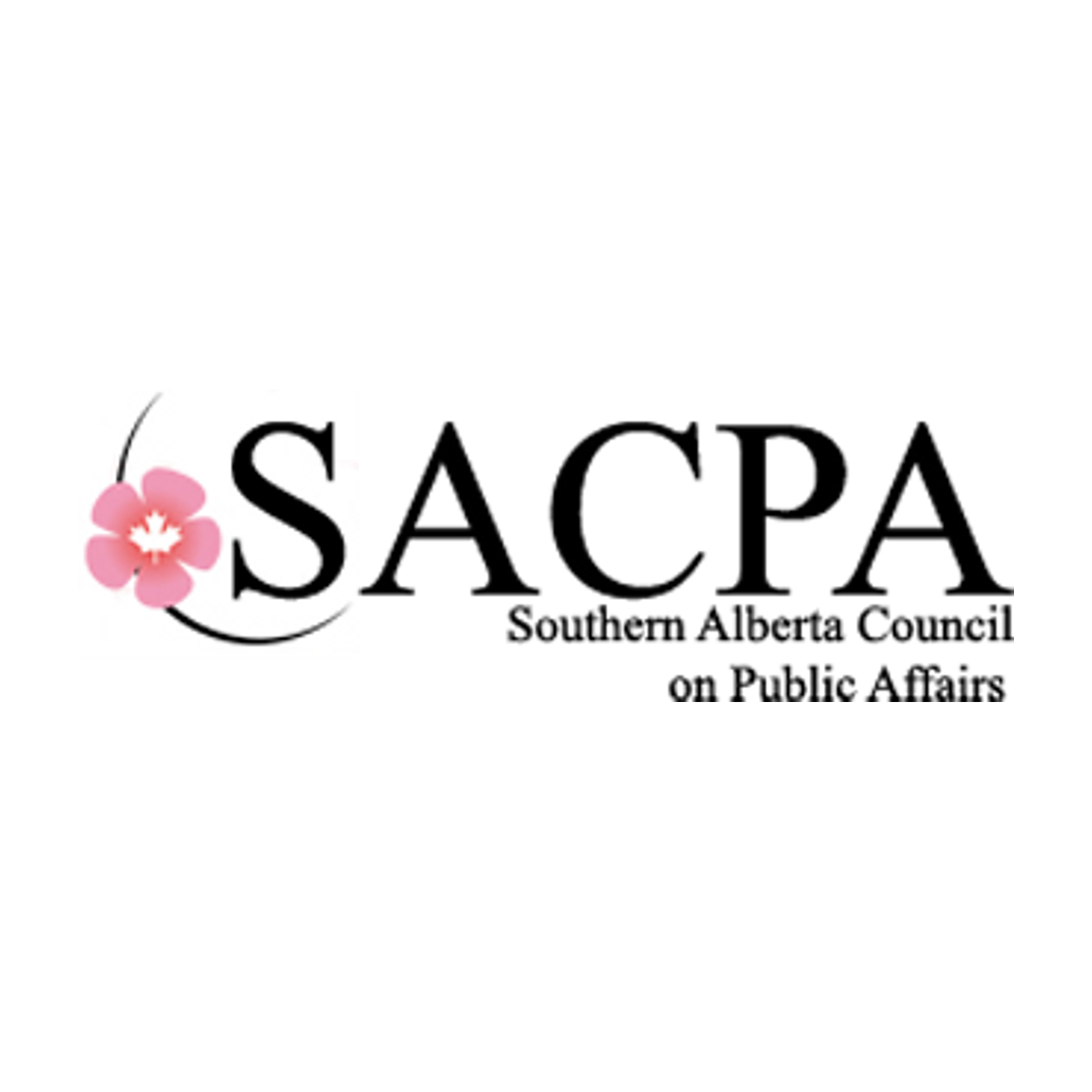- Culture
- SEE MORE
- classical
- general
- talk
- News
- Family
- Bürgerfunk
- pop
- Islam
- soul
- jazz
- Comedy
- humor
- wissenschaft
- opera
- baroque
- gesellschaft
- theater
- Local
- alternative
- electro
- rock
- rap
- lifestyle
- Music
- como
- RNE
- ballads
- greek
- Buddhism
- deportes
- christian
- Technology
- piano
- djs
- Dance
- dutch
- flamenco
- social
- hope
- christian rock
- academia
- afrique
- Business
- musique
- ελληνική-μουσική
- religion
- World radio
- Zarzuela
- travel
- World
- NFL
- media
- Art
- public
- Sports
- Gospel
- st.
- baptist
- Leisure
- Kids & Family
- musical
- club
- Health & Fitness
- True Crime
- Fiction
- children
- Society & Culture
- TV & Film
- gold
- kunst
- música
- gay
- Natural
- a
- francais
- bach
- economics
- kultur
- evangelical
- tech
- Opinion
- Government
- gaming
- College
- technik
- History
- Jesus
- Health
- movies
- radio
- services
- Church
- podcast
- Education
- international
- Transportation
- Other
- kids
- podcasts
- philadelphia
- Noticias
- love
- sport
- Salud
- film
- and
- 4chan
- Disco
- Stories
- fashion
- Arts
- interviews
- hardstyle
- entertainment
- humour
- medieval
- literature
- alma
- Cultura
- video
- TV
- Science
- en
Citizen Journalism: Unaccredited, Uncertified, Illegitimate . . . and Popular (Part 1)

b'The face of news is changing. It is estimated that 46% of people get their news online at least three times a week and almost every news entity has turned to virtual media to keep up with the demand. Online news revenue now generates more than print newspaper revenue and over 50% of people have learned about breaking news through social media rather than official news sources. Facebook, Twitter, YouTube, Google+ and other social media platforms make sharing and accessing the news easier than ever while mobile phones and devices mean that we can be constantly \\u201ctuned in\\u201d and connected. What implications do these technologies and new ways of exchanging information have for the future of journalism?\\n\\nThe ongoing transition from print to digital and the rise of the amateur \\u201ccitizen journalist\\u201d are events that have been assessed quite critically. Now that any one of us can act in an immediate journalistic role, questions arise around legitimacy and accountability. Almost 50% of people reported that they received a \\u201cbreaking news\\u201d update through social media that was later discovered to be false or incorrect. Who takes the blame when a false story goes \\u201cviral\\u201d on the internet? When high-profile news outlets participate in social media and every news anchor reports through a Twitter handle alongside citizen journalists, how should the legitimacy of news stories be accessed? \\n\\nThe speaker will discuss the legitimacy of non-institutional news reporting and how outlets of such news might be held to higher standard if something goes wrong. He will also attempt to address how larger media outlets can be held accountable for their reporting and what citizen journalism has meant in the coverage and evaluation of news in Lethbridge. \\n\\nSpeaker: Kim Siever\\n\\nKim Siever has been writing and editing for over 25 years. He recently completed a bachelor\\u2019s degree in dramatic arts at the University of Lethbridge and is pursuing a master\\u2019s degree in English. Kim runs a communications consulting company, Hot Pepper Communications, specializing in copywriting, copy editing, and social media management. Kim is also the editor-in-chief of Lethbridge News, an independent, citizen journalism news outlet in Lethbridge. He and a handful of people dedicated to breaking, independent news started the service in 2010. Since its inception, Lethbridge News has grown to incorporate about a dozen volunteers, and it has over 10,000 readers on social media- more than any other local news outlet.'